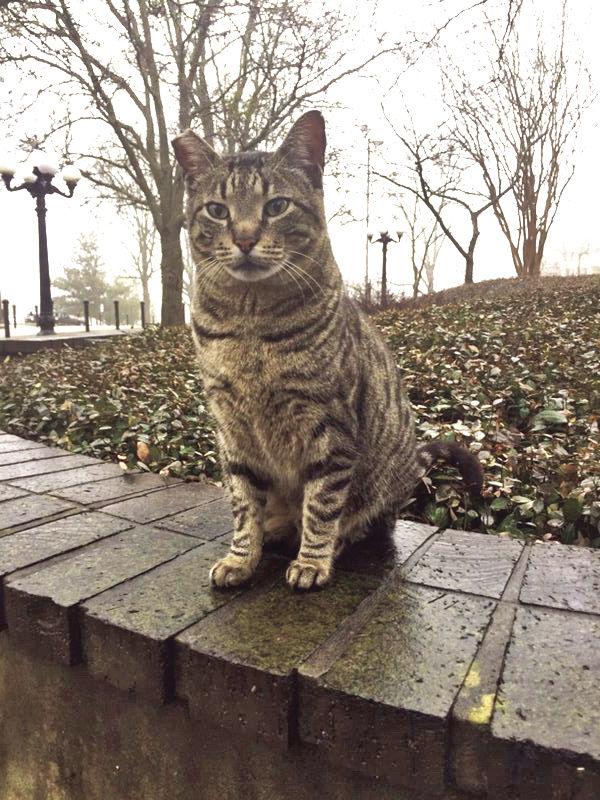According to recent reports, the Mississippi State University’s feral cats could be removed from their homes on campus.
Common issues associated with feral cats include late-night yowling, soiled lawns or gardens, food scraps attracting wildlife and simply the cats themselves.
The MSU cats do not entirely fit this bill, however. Through the trap-neuter-return (TNR) program, the campus cats are caught, sterilized, vaccinated for rabies and returned. This eliminates the problems of soiling and yowling.
The TNR method has also been applied at other major universities, including Texas A&M and North Carolina State.
Without proper care, the cats would inarguably appear sickly and starved, especially the older ones. Students and faculty frequently take the cats’ nutrition into their own hands, however, often feeding them at their own expense.
Because of this, the cats on campus are happy and healthy; this is without mentioning the cats’ own foraging, which puts a dent in the rat population.
The removal of food and water bowls are also being considered.
Sid Salter, MSU chief communications officer, reports MSU has not reached a decision regarding the cats. The primary concern is the feeders themselves because other animals are also taking advantage—a potential safety hazard.
“The university is examining appropriate alternatives at this time, but no decisions have been made,” Salter said. “There are no plans, at this time, to remove the cats.”
Taking care of the cats benefits more than the creatures themselves. Studies show interacting with animals improves a person’s mental and physical health, along with reducing the risk of cardiovascular disease, sleeping disorders and anxiety.
Students, in particular, are also prone to depression and anxiety. While most cannot own a pet in college due to finances or living arrangements, the feral cats offer a charitable substitution with the same results.
Actions have been taken to save the campus cats throughout the community, including by the Oktibbeha County Humane Society. Rick Welch, the president of OCHS, shares students’ concern for the cats.
“In an effort to reduce the feral cat population in Starkville, and more specifically MSU, OCHS has worked with students and staff on-campus over the last few years to identify feral cat colonies, stabilize the population through TNR programs, re-home sociable cats and kittens, provide shelter, food and medical care for them,” Welch said. “There are cats who have lived on campus for years, some their entire lives. It’s their home and all they know.”
Several other universities faced controversy when it came to feral cats.
The University of Florida received some criticism regarding its policy of euthanizing trapped cats at a nearby facility. At Stanford University, approximately 500 stray cats were killed in 1989. Five years later, only four kittens could be found on campus.
Another notable benefit of the TNR program is it is often funded through private donations and volunteers. While eradication programs utilize tax dollars for their purposes, studies show TNR can cut costs nearly in half.
Community involvement is another welcomed addition to TNR’s list of benefits. By encouraging empathetic action and creating educational opportunities, TNR raises awareness and saves lives.
“Simply speak out,” advises Oktibbeha County Humane Society Student Chapter (OCHSSC) President Kate Martin.
“Students showing support for these campus cats will make a huge impact because this is our campus, our home,” Martin said.
OCHSSC is a service-based organization with its sights set on rescuing domestic animals through fundraising alongside OCHS and educating others on animal welfare.
Their guiding mission statement is “Providing humane education; promoting animal welfare legislation; advocating and facilitating pet sterilization; and rescuing, sheltering and promoting adoption of abandoned animals”
OCHSSC hosts several events throughout the academic year, such as the popular Rent-A-Pup and Valentine’s Day Kissing Booth and bake sale. All proceeds go toward the local shelter.
A once feral cat is easy to identify as neutered because a small piece of one ear is snipped for future reference. This Oktibbeha County, Mississippi, barn cat paused for a photo on Oct. 13, 2017. (Photo by MSU Extension Service/Linda Breazeale)














